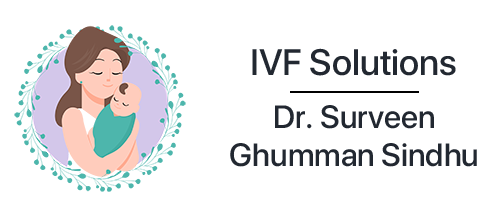Intracytoplasmic Sperm Injection (ICSI)
This procedure is usually done in the cases of low sperm motility to produce healthy embryos which is then placed in the woman’s uterus
Get Free Consultation
Explanation
Intracytoplasmic sperm injection (ICSI) treatment is an assisted reproductive technology (ART) used to treat sperm-related infertility problems. ICSI treatment is used to enhance the fertilization phase of in vitro fertilization (IVF) by injecting a single sperm into a mature egg. The fertilized egg is then placed in a woman’s uterus.
ICSI involves the egg being injected into the sperm, unlike conventional IVF where sperm and egg are put together in a dish and the sperm fertilizes the egg in a more natural way. Since the natural selection of sperm is not there in ICSI and the sperm is physically picked up the quality of sperm is important. As it is a microscopic procedure needing great precision and should be done quickly to avoid outside exposure of air for eggs which is detrimental to their growth, the expertise of the embryologist becomes important.
Indications of ICSI Treatment
- Severe male infertility ( Absent sperms/ poor count and motility): When little or no motile sperms are ejaculated in the semen they are unable swim up and fertilize the egg and can only fertilize an egg through ICSI, Similarly in men with absent sperms in ejaculate sperms are surgically extracted from testis by a needle or tissue biopsy and these sperm need an ICSI as they cannot move on their own.
- Some couples may choose to try ICSI after there has been a fertilization failure with conventional vitro fertilization i.e. sperm has been unable to penetrate the egg.
- ICSI is also used for couples who are planning to have genetic testing of the embryo to check for certain genetic disorders. ICSI uses only one sperm for each egg. So there is no chance the genetic test can be contaminated by another sperm or other cells around the egg.
Did You Know?
Intracytoplasmic sperm injection (ICSI) fertilizes 50% to 80% of eggs
Treatment Protocol
Sperm Collection
Before collection of the sperm, the Male partner should be screened for possible genetic problems that could affect the offspring. If the sperm cannot be collected by natural means, they must be surgically removed from a testicle through a small incision.
Ovulation & Egg Retrieval
The female partner is injected with follicle-stimulating hormone to produce multiple eggs. When follicles fully develop, the female partner is given an hCG injection to mature the egg. The mature eggs should be collected 34 to 36 hours later by needle aspiration under ultrasound guidance.
Sperm Injection & Transfer
A microscopic glass needle picks up a single sperm and pierces the egg to deposit the sperm. The eggs that have been successfully fertilized are selected 3-5 days later. Two or three eggs are placed in the uterus using a thin flexible tube that is inserted through the cervix.
Why Surveen Ghumman Sindhu?
Our Success Story
The thought of getting pregnant in this lifetime became a mere illusion for both of us after going through various treatments and different doctors checkups. Since the beginning, Dr Surveen’s undaunted positivity and sincere commitment kept giving us immense hope despite all odds.
The thought of getting pregnant in this lifetime became a mere illusion for both of us after going through various treatments and different doctors checkups. Since the beginning, Dr Surveen’s undaunted positivity and sincere commitment kept giving us immense hope despite all odds. Thank you for your scientific approach in IVF.
She was always there assisting me at every step of treatment over phone call and messages. We are excited and tickled pink to announce the arrival of our daughter. We are very very grateful to you.
Priyanka & Som
We are a couple from Afghanistan. We eventually decided to visit the best physician in India. In Google I came across hundreds of gynaecologists in Delhi. I finally made up my mind to choose Dr Surveen.
We are a couple from Afghanistan. We eventually decided to visit the best physician in India. In google I came across hundreds of gynaecologists in Delhi.
I finally made up my mind to choose Dr Surveen. As I reviewed her profile, I found her rich in experience, exceptional in education and senior in gynaecology and IVF in India. In our first visit we came to know that we have made a good decision in choosing the best physician.
We found Dr Surveen and her team really kind, caring and dedicated and the MAX hospital with quality medication and services. We found Dr Surveen very caring, devoted, patient and one of the best physicians in India. We still can’t believe that with God’s Grace and Dr Surveen’s hard work, we are the parents for a lovely and cute baby boy.
As we set out on our IVF journey, we researched many hospitals and Doctors across India and Dr. Surveen was the one who took the time to respond to my query, provide details and context. She helped me to carve out a plan and my husband and I took time off work to travel to India to meet with her.
As we set out on our IVF journey, we researched many hospitals and Doctors across India and Dr. Surveen was the one who took the time to respond to my query, provide details and context.
She helped me to carve out a plan and my husband and I took time off work to travel to India to meet with her and began the procedure.
Dr. Surveen is extremely professional and informative and even in her busy schedule always made the time to respond to any questions we had. She is patient and very pragmatic and really helped us to be practical, especially when the emotions kicked in and things didn’t turn out as we expected.
Dr Surveen is solution orientated and her expertise is evident as she tailors her approach to each patient and their partner. Thanks to Dr. Surveen we have been blessed with twins, she helped to make the ‘impossible’ happen for us.
VS, Dubai
Some Priceless Happiness
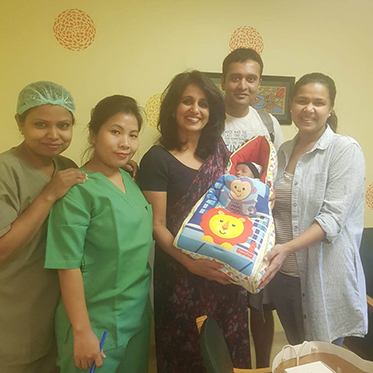
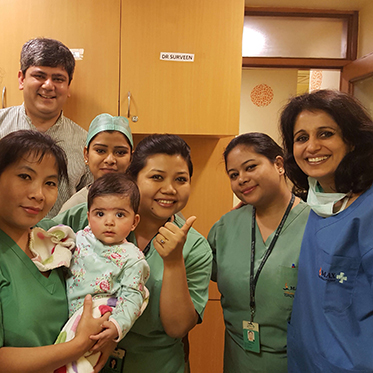
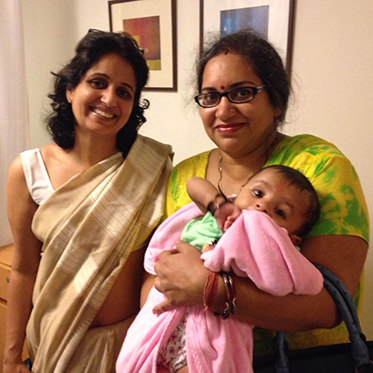
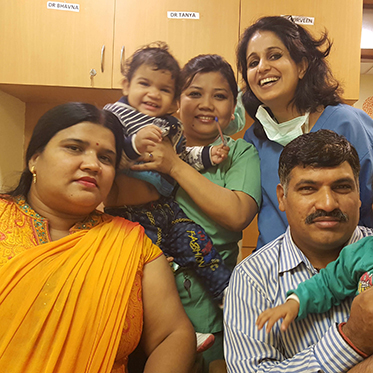

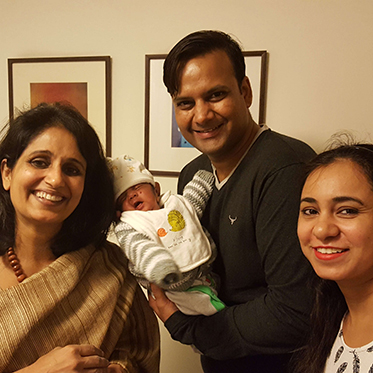
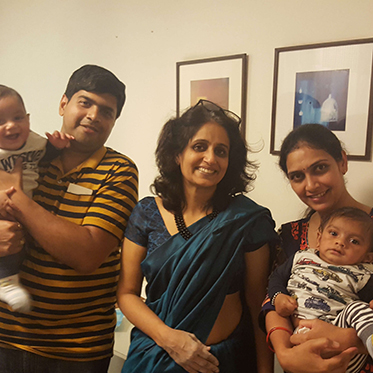
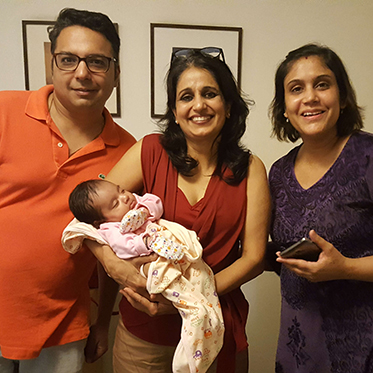
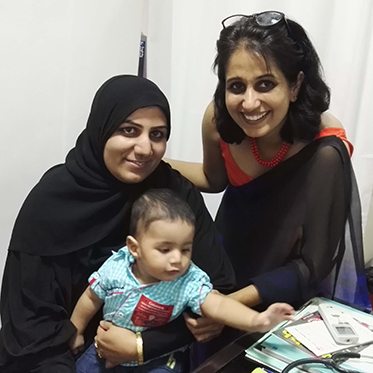
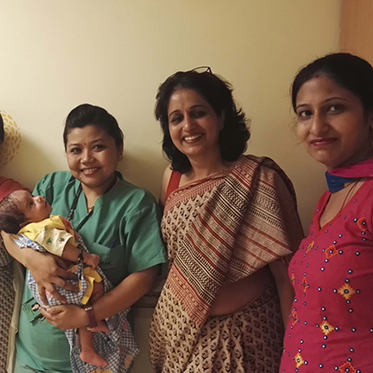

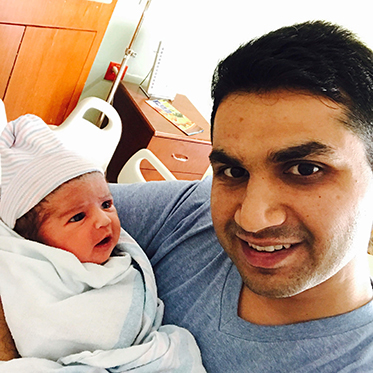
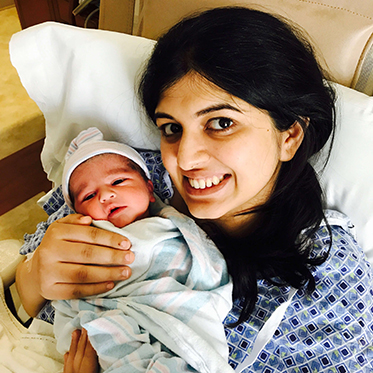
Frequently Asked Questions
When you decide to proceed with ICSI, we will make every effort to inject as many eggs as possible. It is important for you to understand that only eggs that are mature can be injected. We can easily tell if an egg is mature or immature. If an egg is not mature, we cannot inject it with sperm.
Generally speaking, the only situation where ICSI is considered absolutely necessary is in the case of male factor infertility with an abnormal semen analysis. Other reasons include previous poor fertilization with IVF, decreased number of eggs for fertilization, variable sperm counts, and unexplained infertility.
PESA and TESE procedures are the most popular because the goal is retrieval of sufficient sperm for freezing and use in future IVF cycles using ICSI.

